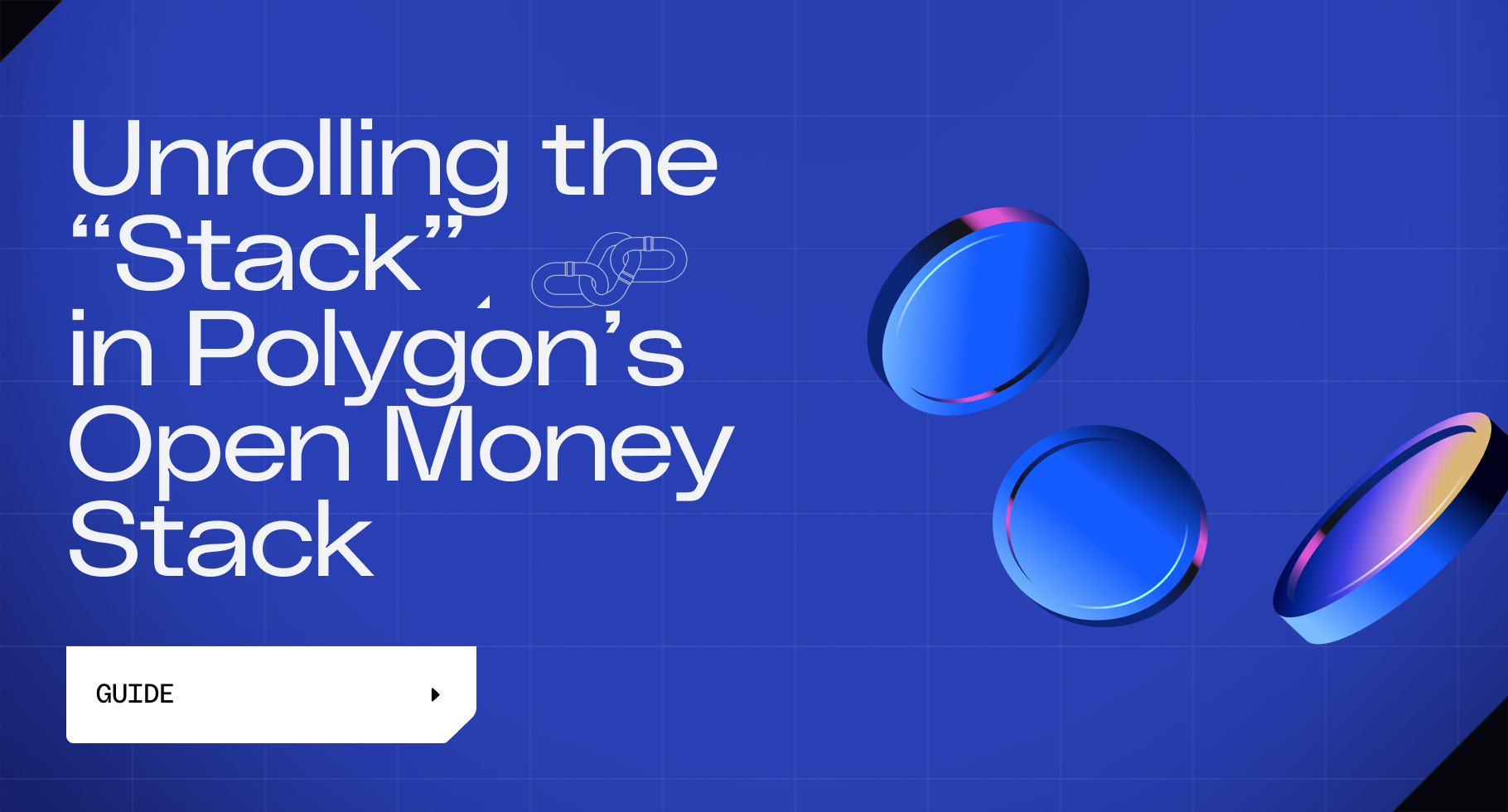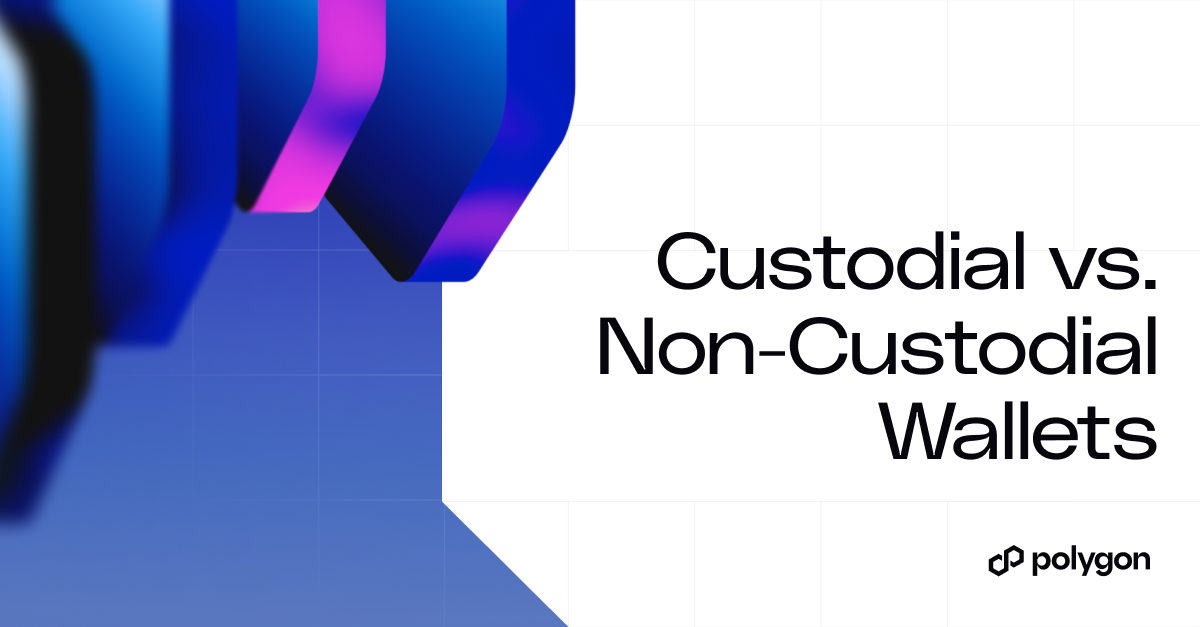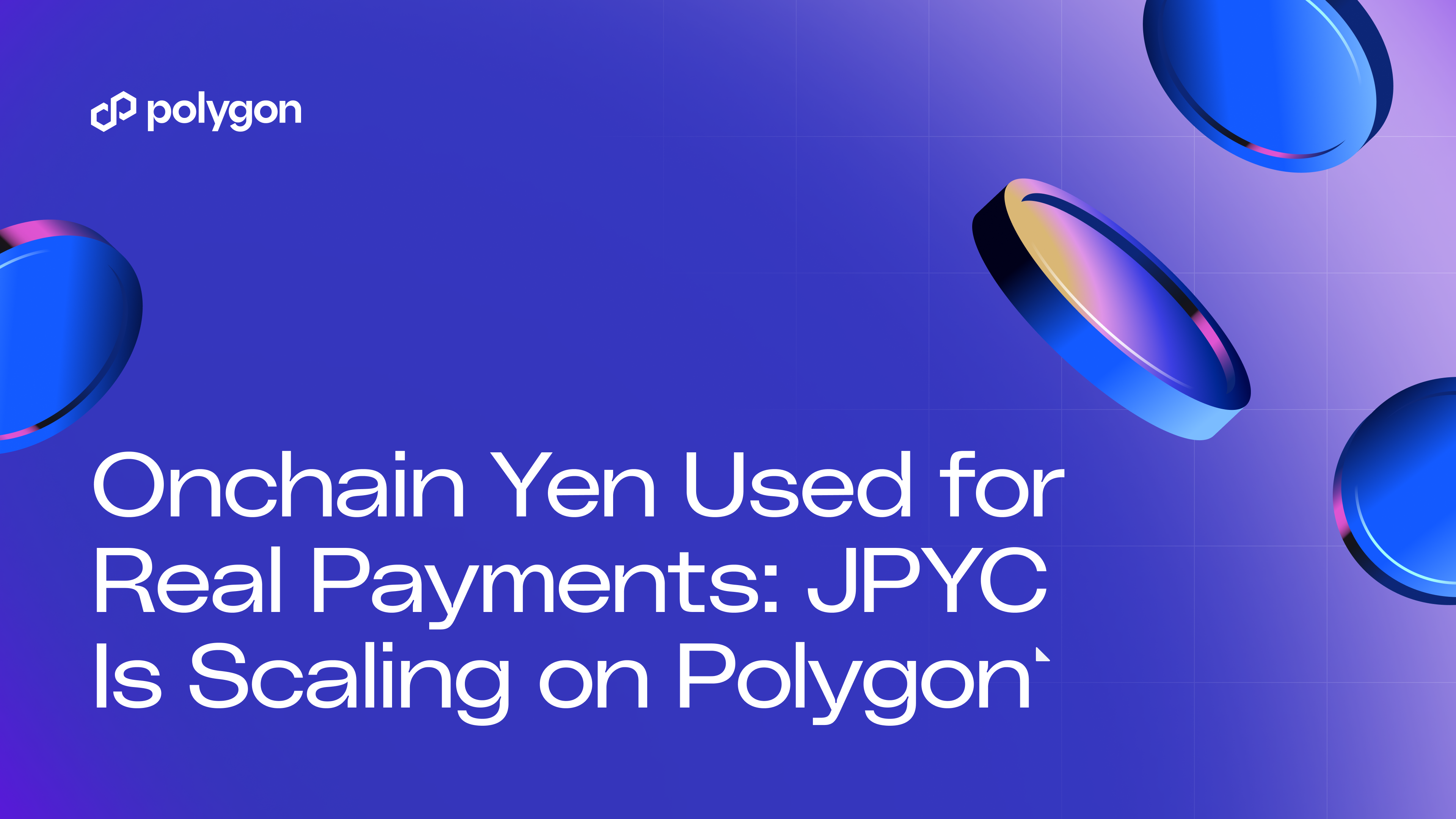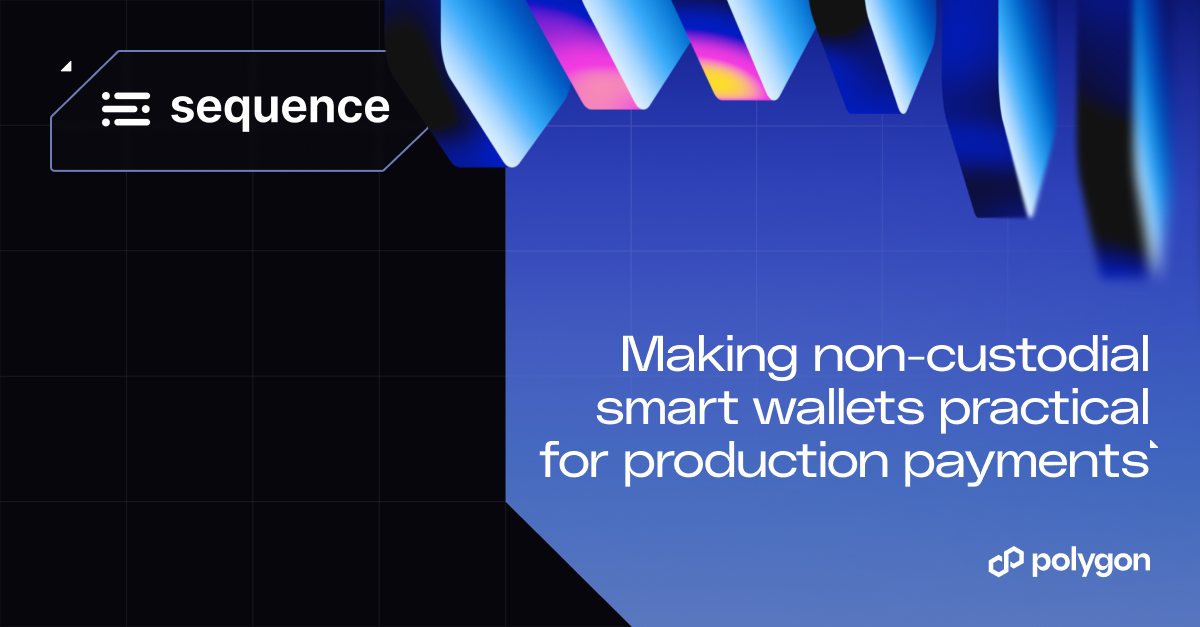Moonveil Building Dedicated Chain with Polygon CDK to Level Up Web3 Gaming, with Focus on an Aggregated Ecosystem
Moonveil aims to make ecological identity core for Web3 gamers across ecosystems and chains
.avif)
Today, Moonveil Studio, a rising Web3 gaming company focused on building high-quality games and an interoperable gaming ecosystem, announced plans to launch a dedicated chain using Polygon CDK.
Led by a team of seasoned professionals and longtime gamers, Moonveil aims to leverage aggregation and cross-game interoperability to redefine Web3 gaming. Players and game developers alike will be able to capture more of the value they create by building reputable, onchain identities—and, crucially, be able to interoperate across a robust, aggregated gaming ecosystem.
That means porting an “ecological” identity across games and chains.
Here’s how they envision an aggregated Web3 gaming ecosystem—and why it’s so much better for devs and players.
The problem: Moats & islands
Right now, most games, whether AAA or mobile, are like siloed islands.
Users generate value for studios through in-game purchases or participating in online tournaments for nominal rewards, but find their items cannot be sold on secondary markets and their playtime is locked into a single world. This renter-model of digital ownership, omnipresent in pre-Web3 gaming, flattens a game’s value to a corporation’s bottom line.
It’s great for companies, less so for players.
Though Web3 games theoretically increase composability, games face the same fragmented limitations as the blockchains they’re built on.
What that leaves is a series of moats and islands for Web3 games, requiring bridges, lacking in interoperability, and fundamentally fracturing a gaming ecosystem.
A possible way that Web3 might disrupt prior game design? A new paradigm that can help redistribute value to developers and players alike. It’s not attention, so much as ownership, made possible across chains in an aggregated network.
The solution: Leveraging aggregation
The core devs at Moonveil foresee the ability to organically manage gaming life cycles of multiple titles due to cross-game interoperability.
In other words, a multiplicity of games built on Moonveil will be able to composably exchange value. That’s the upside of Web3: Letting the people who matter the most—players—capture more of the value they create in gaming worlds.
The team sees the AggLayer as the logical extension of this belief.
Instead of relegating cross-game value exchange to a single blockchain, Moonveil anticipates helping to build a gaming ecosystem that spans the entire aggregated network.
With plans to activate community engagement, content publishing, and Web3-native tools, the goal is to facilitate multifaceted live operations effectively, in a way that puts players in the driver’s seat. By establishing MoonBeam, a loyalty program with community badges and points that users can earn based on their actions, Moonveil foresees not only publishing their own games, but third-party games as well.
Ultimately, the team anticipates what they call an “ecological identity” – players building onchain identities that span the entire aggregated network, creating coherence and value from game to game.
Plugging into the AggLayer is on the roadmap, and opens up a world of possibilities for Moonveil to establish a mutually beneficial ecosystem. Moonveil anticipates exciting prospects, such as onchain distribution of items and revenue sharing—you know, the stuff only possible in Web3.
* * *
Be sure to follow along with Moonveil’s push into the frontier by following them on X (formerly Twitter). And tune into the blog and our social channels to keep up with updates about the Polygon ecosystem.
The future of Web3 is aggregated.
Website | Twitter | Forum | Telegram | Discord | Instagram | LinkedIn | Polygon Knowledge Layer






.png)
%20(1).png)
.png)



.jpg)
.jpg)
.png)

.png)
